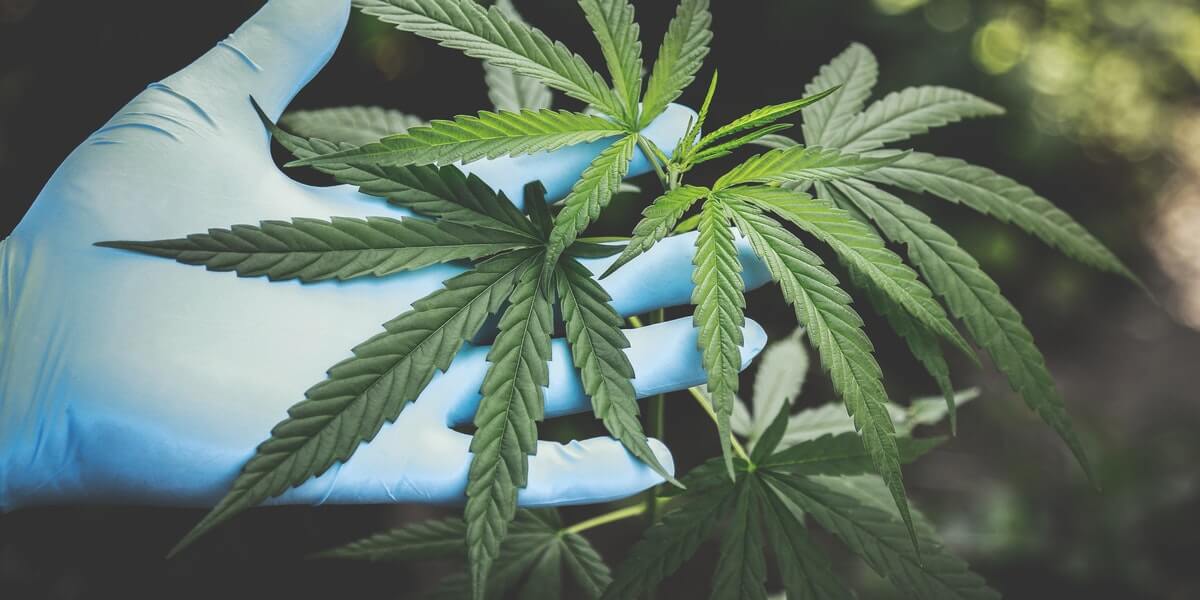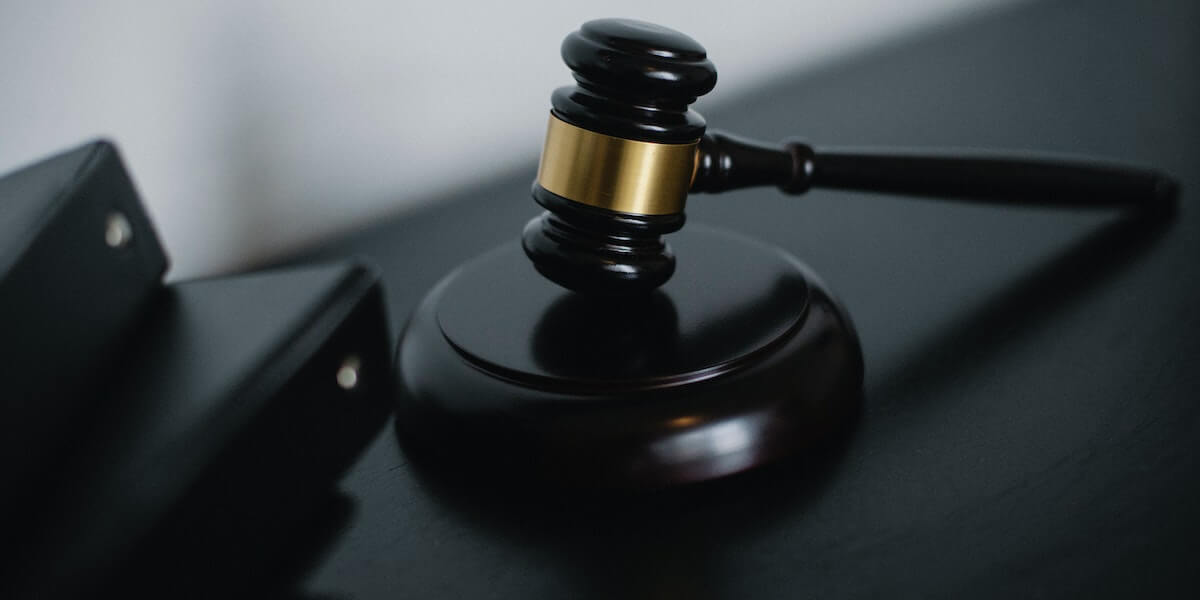Back in March, former Governor Andrew Cuomo signed the New York State Marijuana Regulation and Taxation Act (MRTA) into law, legalizing the recreational use of marijuana for adults over 21. While marijuana was already accessible and largely distributed for medical use, the new law allows for recreational use, and will allow for growing and selling in the near future.
While this is great news for users, what about those that have a criminal record because of past marijuana activity? There are many New Yorkers whose only criminal record involves doing something that is now legal. Is there any way for them to have their records cleared? The short answer is yes, but it is not as simple of a process as it may originally seem.
The good news for most individuals with a marijuana conviction is that most smaller charges will be automatically expunged. Any conviction for possession of marijuana under 16 ounces (1 pound), or sale of less than 25 grams, will automatically be expunged from the records of those convicted. Expungement in general is a relatively new legal concept when it comes to New York Law, as before 2019, it didn’t exist. Records were instead sealed, which meant while arresting authorities would destroy mug shot photos and fingerprints, paper records would be put under a “seal” that could be accessed in certain situations. With expungements, however, those records will now only be accessible by the individual with the prior conviction. Furthermore, any record will not show up on any criminal history background checks, won’t have to be listed on any job or school applications, and will not be discoverable by law enforcement except for a job application with law enforcement or an application for a gun license. Under the MRTA, Courts have until March of 2023 to go back through their records and expunge any record of these marijuana arrests or convictions.
However, for larger charges, such as those for possession of more than a pound or sale above 25 grams, the MRTA creates more challenges, as there are no additional cutoffs above those two ranges. While the punishments won’t be any harsher under the MRTA, the process for reducing a charge may be more complicated than one might initially think. Revisiting an old conviction to determine the exact amount used, or other details in order to convince the courts that a new conviction should be imposed, might be an uphill battle for someone without professional experience in the courtroom. An individual with a prior marijuana felony would be best served consulting an attorney to work on reducing a prior conviction. Notwithstanding any difficulties in proving this, it is expected that many people with marijuana-related felonies will have their charges reduced to a misdemeanor.
This isn’t the first time New York has made an effort to decriminalize marijuana. In 2019, lawmakers increased the amount of marijuana one could possess without facing criminal charges. This served as the first step toward the recent legalization and ended up erasing an estimated 160,000 convictions. It is expected that a similar number of expungements will follow with the MRTA in the next few years.
Overall, the impacts of legalization of marijuana on the criminal records of users across New York State are profound. As mentioned, at a lower level, many criminal charges and records will be expunged automatically and require little effort on behalf of the user. However, at a higher level, it is a more intricate process, and having your record cleared or charge reduced will require initiative on the user’s part, and a thorough understanding of New York’s marijuana laws.
Peter Pullano is the Managing Partner at Tully Rinckey PLLC’s Rochester Office, where he practices criminal defense. With over 30 years of criminal defense experience, Peter has handled thousands of criminal cases, including violations, misdemeanors, felonies and appeals. He has primarily represented defendants in felony cases in both state and federal courts. Peter can be reached at info@tullylegal.com or at (585) 492-4700.







